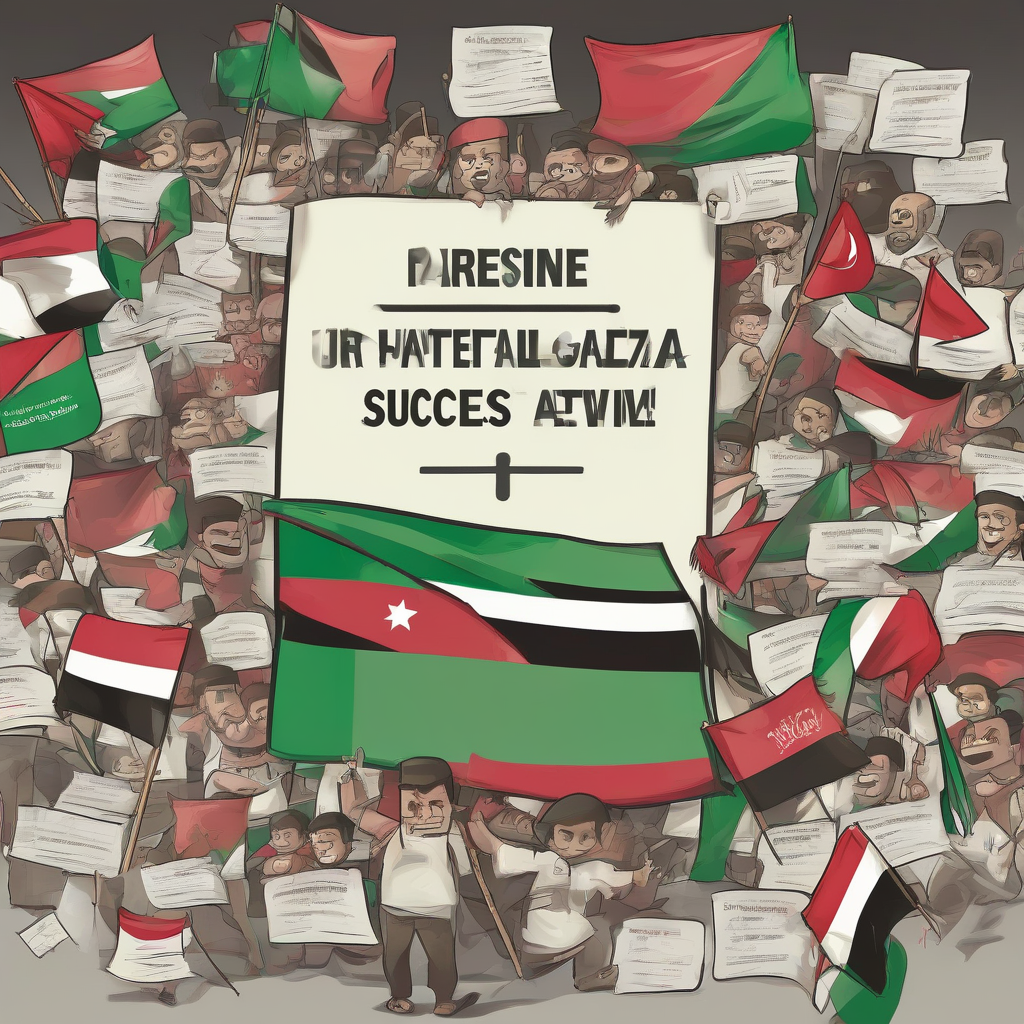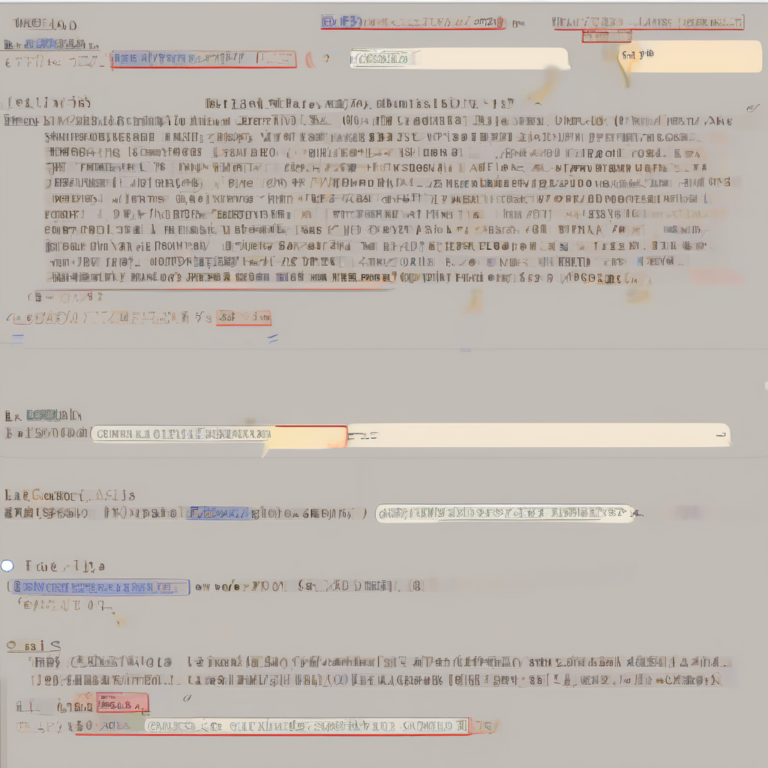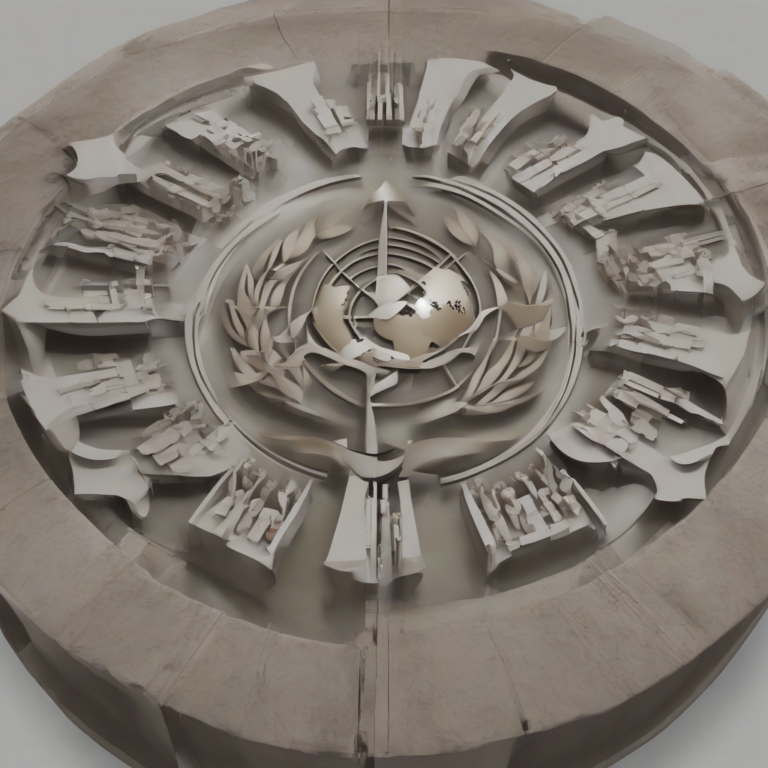
A Cry for Gaza: Understanding the Urgent Need for Aid and How You Can Help
The Gaza Strip, a small coastal enclave in the eastern Mediterranean, has long been embroiled in conflict and hardship. Years of blockade, recurring violence, and limited access to essential resources have left its population in a state of profound vulnerability. Understanding the complexities of the situation is crucial to effectively channeling aid and support to those who need it most. This comprehensive guide explores the humanitarian crisis in Gaza, explains the urgent need for donations, and outlines various avenues for contributing to relief efforts.
The Humanitarian Crisis in Gaza: A Deep Dive
The humanitarian situation in Gaza is dire. The ongoing blockade imposed by Israel and Egypt, coupled with internal political instability and recurring conflicts, has created a perfect storm of suffering. The consequences are widespread and devastating, impacting virtually every aspect of life for Gazans.
Healthcare Crisis:
- Severe shortages of medicine and medical equipment: Hospitals are chronically understaffed and under-resourced, struggling to provide even basic healthcare. Many essential medications are unavailable, forcing patients to rely on substandard alternatives or go without treatment altogether.
- Limited access to specialized care: Patients requiring specialized treatment often face insurmountable obstacles in accessing care outside of Gaza due to the blockade and travel restrictions. This lack of access can lead to preventable deaths and disability.
- High rates of chronic diseases: Years of conflict and restricted access to healthcare have led to high rates of chronic diseases, including diabetes, heart disease, and cancer. The limited healthcare system is struggling to cope with the sheer volume of patients requiring ongoing care.
- Psychological trauma: The constant threat of violence and the lived experience of conflict have taken a heavy toll on the mental health of Gazans. Access to mental health services is severely limited, exacerbating the psychological trauma experienced by many.
Water and Sanitation:
- Contaminated water sources: A significant portion of Gaza’s water supply is contaminated with sewage and saltwater, posing serious health risks, particularly for children.
- Limited access to clean water: The scarcity of clean water restricts access to basic hygiene, increasing the risk of waterborne diseases.
- Overburdened sewage system: The aging and inadequate sewage system frequently overflows, contaminating both water sources and the environment.
Food Security:
- High rates of poverty and unemployment: The blockade and ongoing conflict have decimated the Gazan economy, leading to widespread poverty and unemployment. This makes it increasingly difficult for families to afford sufficient food.
- Limited agricultural production: Restrictions on movement and access to resources have severely hampered agricultural production, reducing the availability of locally grown food.
- Food insecurity: Many families rely on food aid to survive, highlighting the precarious nature of food security in Gaza.
Education and Infrastructure:
- Damaged schools and infrastructure: Recurring conflicts have resulted in damage to schools and other critical infrastructure, disrupting education and daily life.
- Limited educational opportunities: The lack of resources and opportunities severely restricts access to quality education for many children.
- Power shortages: Frequent power outages hinder all aspects of life, including access to education, healthcare, and essential services.
Why Donate to Gaza?
Donating to Gaza is not merely an act of charity; it’s an act of solidarity with a population facing unimaginable hardship. Your contribution can make a tangible difference in the lives of individuals and families struggling to survive.
- Save lives: Donations provide essential medical supplies, food, water, and shelter, directly contributing to saving lives and alleviating suffering.
- Restore hope: By providing support, you offer a beacon of hope to those who have lost everything. Your contribution demonstrates that the international community cares and is committed to helping them rebuild their lives.
- Promote long-term stability: Addressing the immediate needs of Gazans is crucial for fostering long-term stability and peace in the region. By investing in humanitarian aid, you contribute to a more sustainable future for Gaza.
- Support local organizations: Many reputable organizations work tirelessly on the ground in Gaza, providing essential services and support to communities. Your donation empowers these organizations to continue their vital work.
How to Donate to Gaza Safely and Effectively:
Choosing reputable organizations is critical to ensuring your donation reaches those in need. Research thoroughly before donating to ensure the organization is transparent, accountable, and has a proven track record of effective aid delivery.
- Research reputable charities: Look for organizations with a proven track record of humanitarian work in Gaza, transparent financial reporting, and strong accountability mechanisms. Check independent charity rating agencies for reviews and assessments.
- Donate directly to organizations operating in Gaza: Avoid middlemen and donate directly to organizations working on the ground in Gaza to minimize administrative overhead and maximize the impact of your donation.
- Verify the organization’s legitimacy: Look for evidence of their registration as a non-profit organization and check for independent verification of their work.
- Consider recurring donations: Recurring donations provide consistent support to ongoing relief efforts, allowing organizations to plan effectively and address long-term needs.
- Advocate for change: In addition to donating, you can advocate for policy changes that address the root causes of the humanitarian crisis in Gaza. Contact your elected officials to express your concerns and urge them to support policies that promote peace and stability in the region.
Understanding the Complexities: Navigating Misinformation and Geopolitical Considerations
The situation in Gaza is complex and often fraught with misinformation. It’s crucial to approach information with critical thinking and rely on reputable sources. Geopolitical factors play a significant role, making it essential to understand the various perspectives and avoid generalizations.
- Seek diverse sources of information: Consult multiple sources, including international news organizations, humanitarian organizations, and academic research, to gain a comprehensive understanding of the situation.
- Be critical of social media and biased narratives: Social media can be a breeding ground for misinformation and propaganda. Critically evaluate information before sharing it and be aware of potentially biased narratives.
- Understand the geopolitical context: The conflict in Gaza is deeply rooted in historical events and ongoing geopolitical tensions. Understanding this context is crucial for interpreting events and assessing the various perspectives involved.
- Avoid generalizations and stereotypes: Avoid making sweeping generalizations about the people of Gaza and recognize the diversity of experiences and perspectives within the population.
Beyond Monetary Donations: Other Ways to Help
In addition to financial contributions, there are various other ways to support the people of Gaza:
- Raise awareness: Share information about the humanitarian crisis in Gaza with your friends, family, and community to increase awareness and encourage others to support relief efforts.
- Volunteer your skills: If you have skills relevant to humanitarian work (e.g., medical, engineering, or logistical skills), explore volunteering opportunities with organizations working in Gaza or supporting relief efforts.
- Advocate for human rights: Support organizations and initiatives that advocate for human rights and justice for the people of Gaza.
- Support businesses that promote ethical trade: Support fair trade initiatives and businesses that prioritize ethical sourcing and fair labor practices to promote economic opportunities in the region.
The humanitarian crisis in Gaza demands immediate and sustained action. By understanding the complexities of the situation and choosing to donate responsibly, you can make a real difference in the lives of those who desperately need help. Your contribution, no matter the size, can be a lifeline for families struggling to survive.




